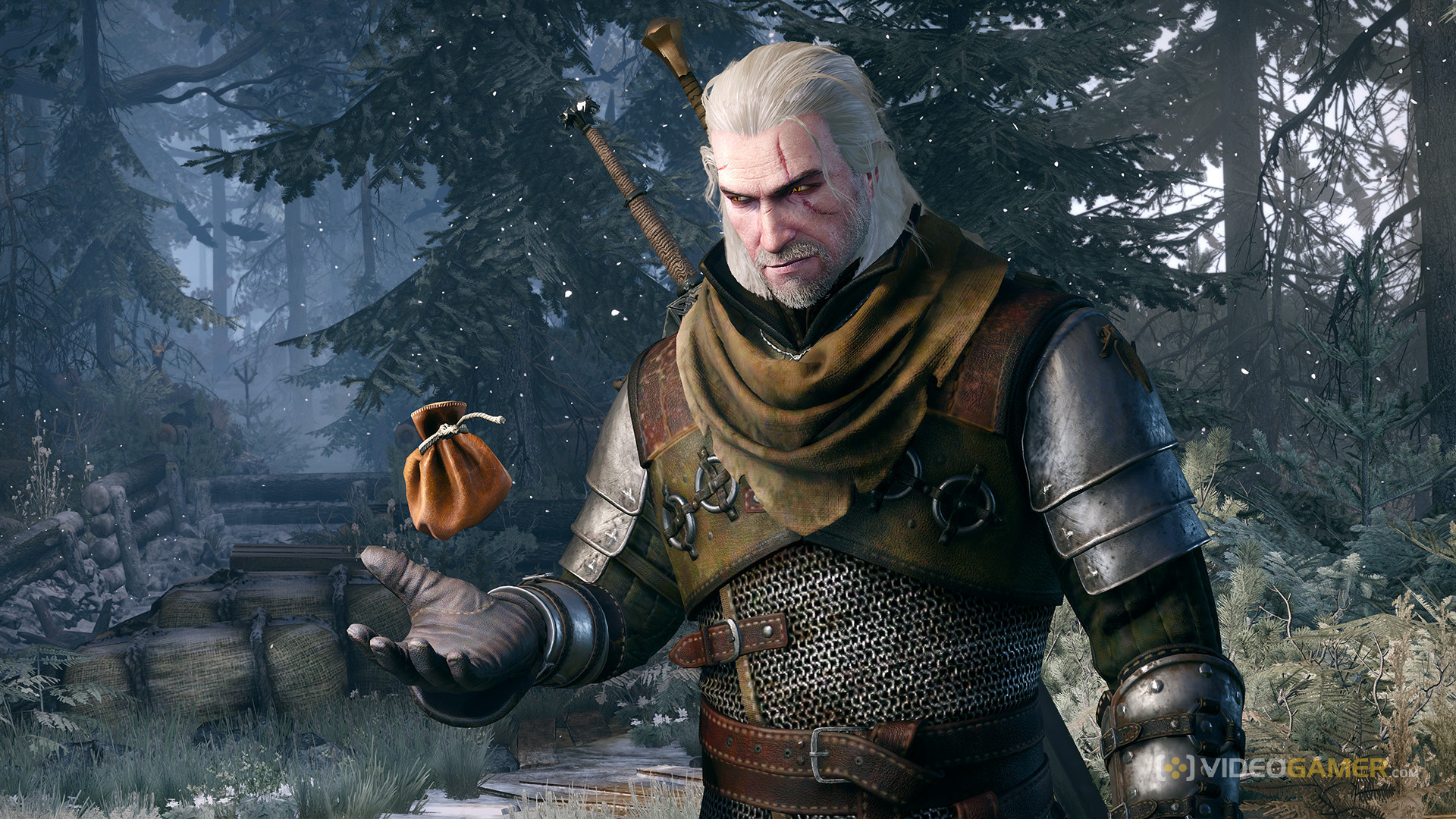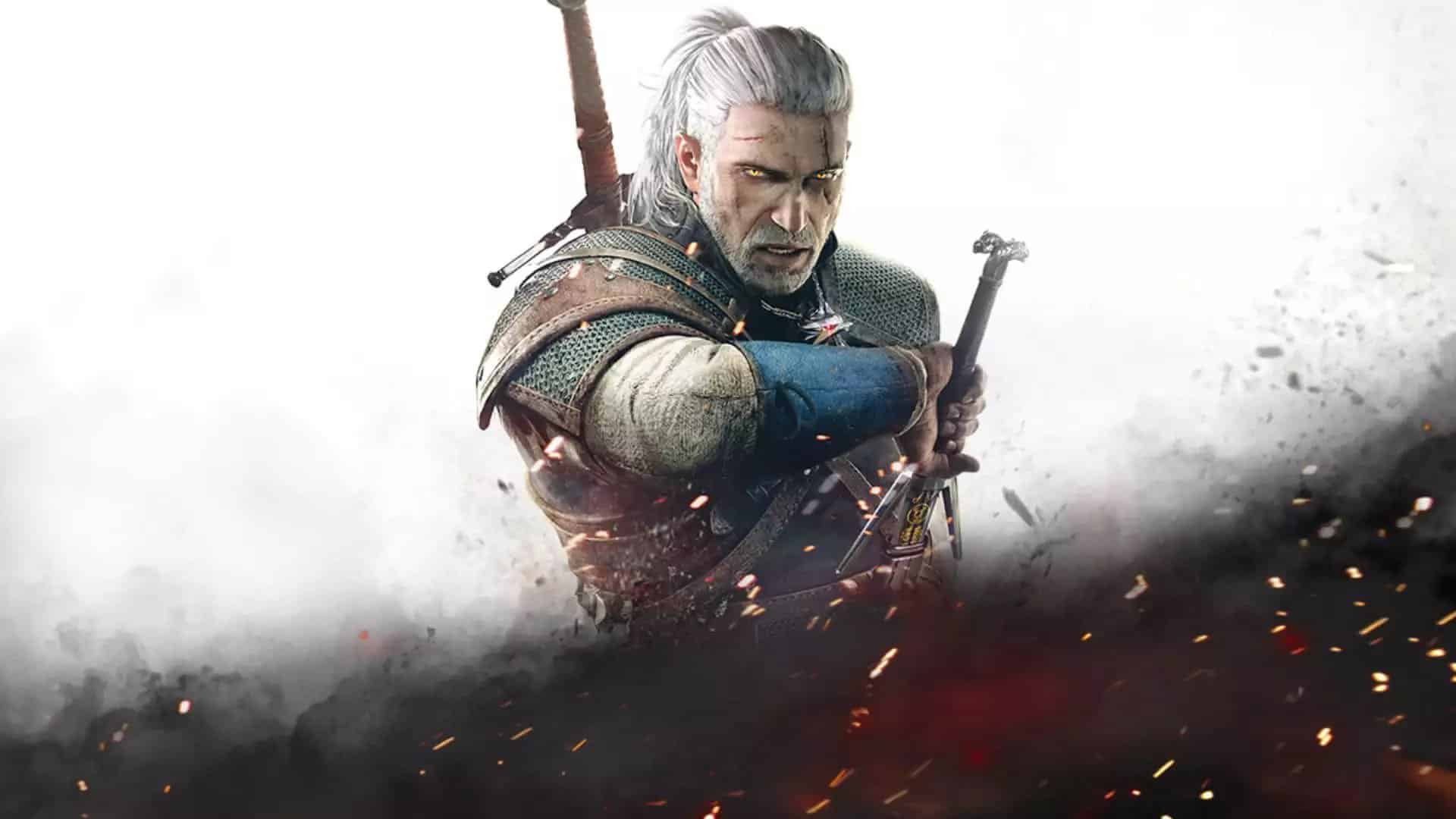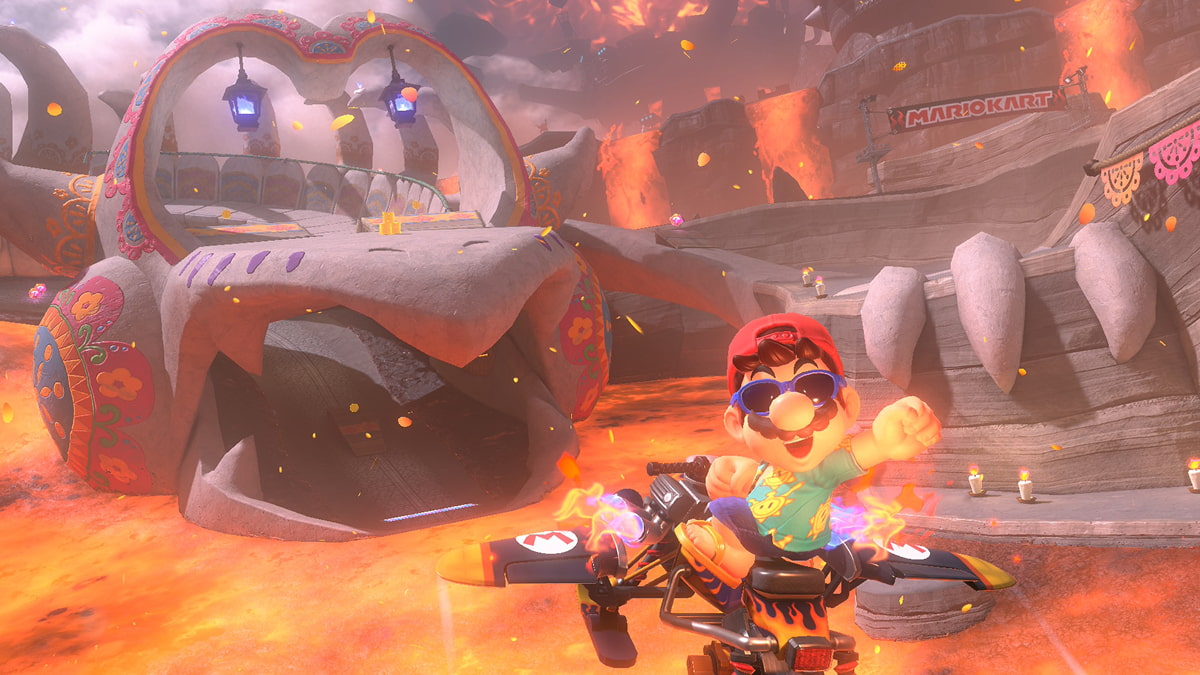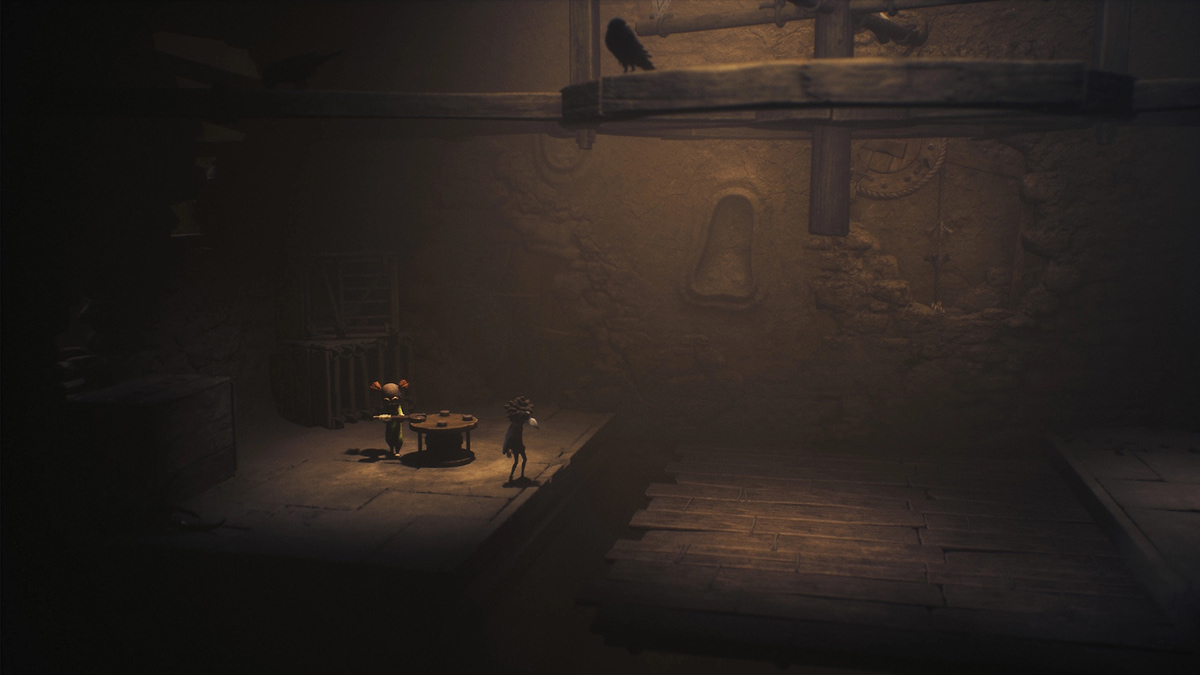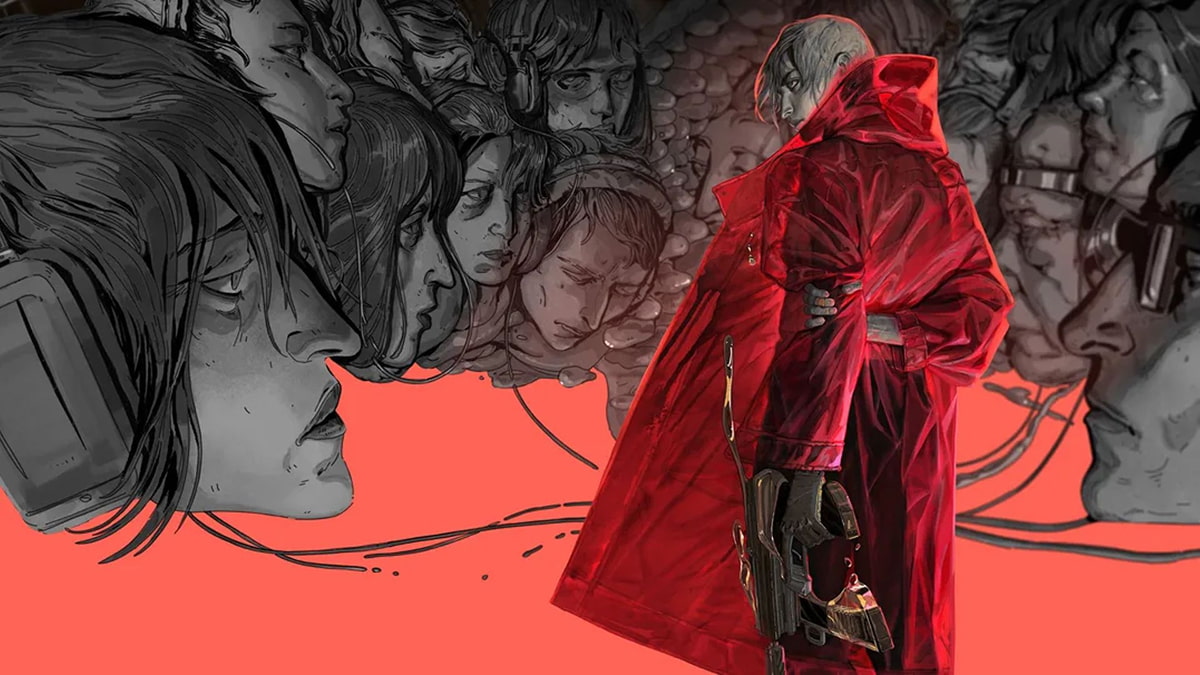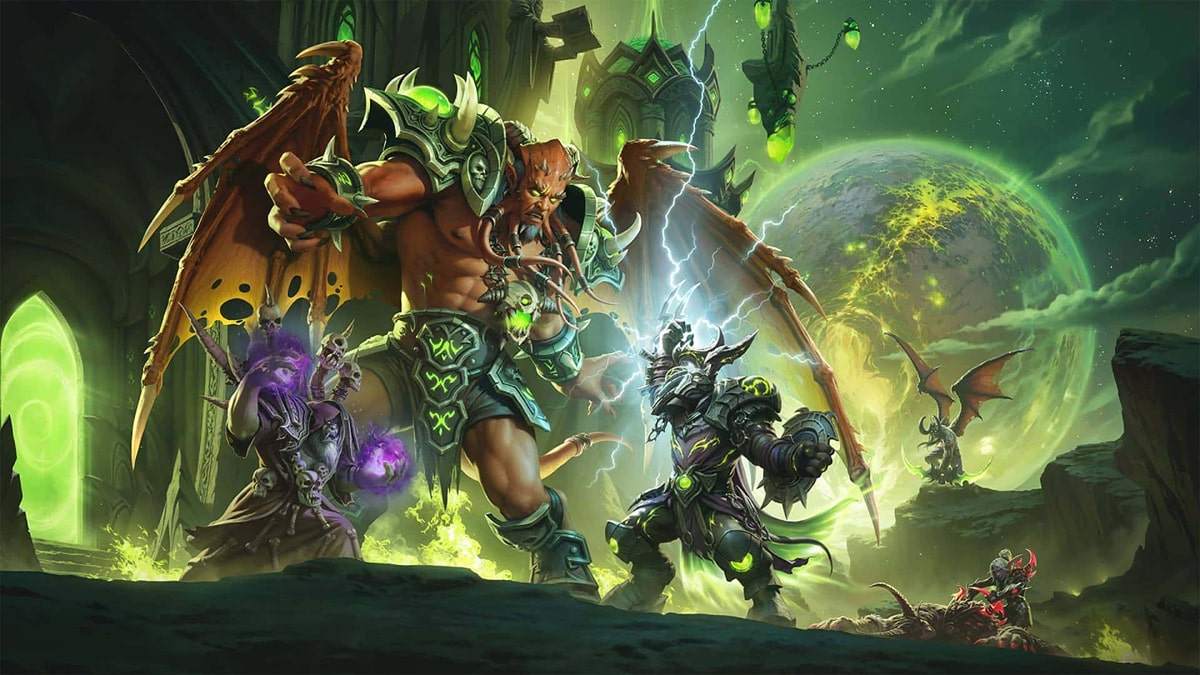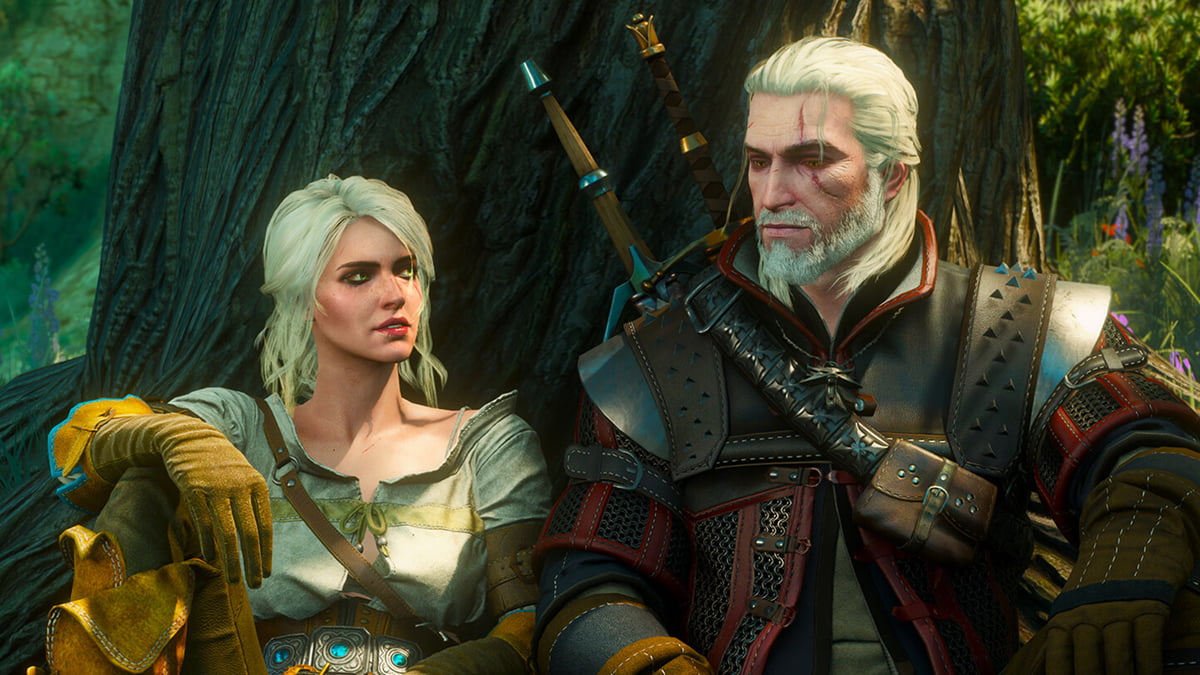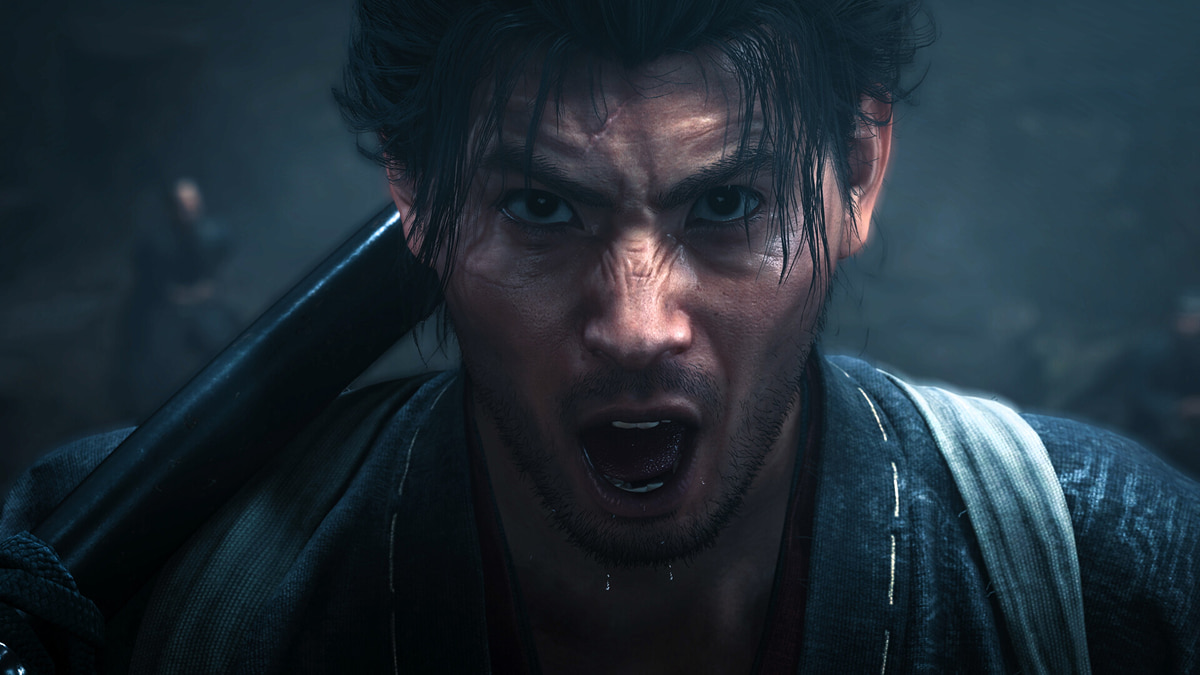You can trust VideoGamer. Our team of gaming experts spend hours testing and reviewing the latest games, to ensure you're reading the most comprehensive guide possible. Rest assured, all imagery and advice is unique and original. Check out how we test and review games here
The RPG has always been the genre that, for me, most fulfills the promise from well-meaning but essentially incorrect adults, who told me I could be whatever I wanted to be. RPGs allow one to have adventures that you could never have in real life, growing up in a semi-detached house where your bedroom window fell off and got replaced with a sheet of MDF. Real life does not afford one the opportunity of being the commander of a spaceship, the saviour of the whole galaxy who fell in love with a dying alien, or a mage calling down lightning to fry bandits where they stand. These possibilities always seemed infinitely more attractive than the water stain creeping under the distinctly not weatherproofed MDF.
People always say to me, ‘You should play The Witcher 3, you’d really like it. It’s way better than Dragon Age.’ And I say, ‘Are you sure?’ and those same people go ‘Yeah, I guarantee you’ll enjoy it.’ So I tried playing The Witcher 3, and bounced off it like it was a trampoline (one which I was getting double bounced from, because there were already two people f***ing and a stuffed unicorn on it). In a show of good faith recently started playing it again — it is, after all, often hailed as one of the best RPGs ever made — and I think I have identified the problem.
Geralt is not an enjoyable protagonist for a game.
Look, first of all: I know The Witcher 3 is an incredibly well made game, and it can be appreciated for that. Being in the world of The Witcher 3 feels like being in a real place. The bushes and flowers bob in the wind, and villagers generally village about, getting annoyed when your horse canters into them because they clearly have enough problems as it is, what with a war going on over and around them — and even when things were going well, their lives were pretty bleak. Nobody has even invented central heating yet. When a storm rolls in, you feel like you need to get under cover, and when you gallop directly into a sunset you wonder why anyone would ever need to go into the real world ever again. So fair f***s to CD Projekt for everything it did. I’m not having a go at it.
/https://oimg.videogamer.com/images/b090/the_witcher_3_blood_and_wine_7.jpg)
A couple of years ago I saw Rob Morgan, a game writer and narrative designer, talk about single player games becoming a kind of spectator sport, through things like Twitch streaming. As part of that he discussed how players relate to protagonists. This is a topic, as Morgan noted, that comes up a lot at the more academic end of games discussion, rather than the commercial. There are a lot of research papers discussing the role of the protagonist in games, not only as an avatar for the player to identify with and/or embody, but as the interface between the player and the mechanics of the actual game; a few months before Morgan’s talk, The Atlantic ran a piece by Ian Bogost positing that games say more valuable things when they don’t have a protagonist (Bogost’s difficult second album, Video Games Are Better Without Stories, came out earlier this year). Protagonists, as a concept, are subject to many different opinions.
Generally, Morgan said, how players relate to the protagonist is funnelled into two categories: ‘The idea that we might want to be, impersonate or embody our characters, or the idea that we might imagine ourselves outside the characters, empathising with them, wanting to protect them, support them, help them.’ And therein lies the issue.
It is difficult to relate to Geralt in either way. You cannot be Geralt. Despite having a closed off personality, he’s spent decades cultivating a life of his own. It’s not easy to step into his shoes because he’s been wearing them ages. If you try and put them on they just won’t fit properly. On top of that, not only is the game in third person, but it also makes us aware of the camera: when it rains drops bead on the screen a little, and light glares from it in the sunlight. A barrier is placed between myself and Geralt, and I am a step removed from him and his actions. That’s fine; games do this all time time. But, on the other hand, I don’t feel the need to support or help Geralt. Because he clearly doesn’t need it.
/https://oimg.videogamer.com/images/2617/the_witcher_3_wild_hunt_105.jpg)
Nathan Drake, the protagonist of the Uncharted series, has different kinds of adventures to Geralt, though his central role as the front man is similar. But Nate is a wall-to-wall f*** up, both emotionally and in his ability to stand on ledges without them crumbling beneath his feet. He would not be able to function without help: if I hadn’t made him jump at the right time, Nate would be dead right now.
Geralt, unlike Drake, is really good at his job, and witchers in general are preceded by their reputation for badassery. A drunk farmhand tries to pick a fight almost every time Geralt walks into a tavern, but said farmhand’s mate goes ‘Leave it mate, it’s not worth it, he’s a witcher and will easily kick seven shades of s*** out of you.’ And then he does.
When Geralt investigates horrible murder scenes or tracks monsters, he can tell how old the body is and what done the killing by looking at the reproductive cycle of insects in the wounds and some werewolf s*** in the bushes. Geralt is a one man CSI: Nilfgaard. Geralt is not on a journey of growth with me. I feel like my involvement is making him less competent; he would get on much faster if the person currently in the driving seat didn’t sometimes have to pause and do Google searches like ‘the witcher 3 how to equip potions’ because they persistently have trouble with the quick selects.
/https://oimg.videogamer.com/images/e394/the_witcher_3_wild_hunt_92.jpg)
Neither can I empathise with Geralt. His characterisation is the gruff, emotionally closed off, still-waters-run-deep kind of dude. You’re going to say ‘Yeah, well, if you’d played the other two you’d understand’. It’s true there is a kind of assumed level of knowledge because every five minutes Geralt runs into someone he once had a drink with at a family barbecue a few years ago, you know, Sharon’s eldest son’s brother-in-law (which was kind of part of the story in the first game, and by 3 is just happening) but you can’t fool me ‘cos I did try playing the others and he behaved in exactly the same way then, too.
This is, to be clear, not an inherently bad characterisation, though possibly a well-trodden by now, but Geralt started out in books, and books often handle characterisation differently by their very nature. You get internal thoughts and feelings along with the external gruffness. The game doesn’t have this extra context, so you just see Geralt telling the love of his life that it’s good to see her in exactly the same flat, gravelly tone he uses to say it looks like it’s about to rain.
I am aware that, given The Witcher’s origins, one cannot replace Geralt of Rivia with Gerald Witchard (a fast talking maverick who gets results), but I also do not enjoy spending time getting to know Geralt. It’s apparent that some people still really like him, and he has close friends. But this, as pointed out by the bard Dandelion, seems to be predicated on them sticking around long enough to get to know him, which I am not keen to do. Geralt is around a century old and puts minimal effort into being outwardly charming — not necessarily unkind, but treating most social situations as something to be dealt with as efficiently as combat.
/https://oimg.videogamer.com/images/edd6/the_witcher_3_blood_and_wine_3.jpg)
And the women! Geralt of Rivia is the George Costanza of medieval fantasy: no visible source of actual charisma, but women, who are routinely two drinks away from being described with sticky words like ‘nubile’, throw themselves in his direction with baffling regularity (context may be key, though: possibly ‘is incredibly awkward in conversation, but pretty ripped and not visibly diseased’ is enough for go time in feudal societies.)
Keira Metz, all around fan of plunge necklines and sorceress of some ability, is trying to proposition him with a very low degree of subtlety, and Geralt responds by talking about that one time a princess got eaten alive. Nicely done, G-dog, you got any more stories about women being killed, just to really set the mood? He flirts in a brothel by telling a woman ‘I like the way you smell,’ which in real life has overtures of a room plastered with photos of your face, followed by an aria of furniture made of human skin. Between ‘Your perfume is lovely!’ and ‘I like the way you smell,’ there lies a wide gulf that Geralt is unaware of.
I’ve found almost everything else about The Witcher 3 is great. I love the pudding bowl haircuts of villagers, and the little intrigues and jealousies they’ve been cultivating over years, even decades. The grotesque monsters that are just a part of daily life for normal people: keep still when you’re fishing because you’ll scare the fish, but also because you might be attacked by a reanimated, cursed corpse. These lives, you feel, would carry on without you, because crop rotation waits for no man — or witcher. But I must experience this strange world, equal parts beautiful and ugly, in the company of a character who I cannot like as a protagonist, too skilfull to help and too repressed to enjoy. A man who is in love in the same tone of voice that he is mildly irritated. Will no one at least offer him a lozenge?
/https://oimg.videogamer.com/images/3bf8/the_witcher_3_wild_hunt_99.jpg)
The Witcher 3: Wild Hunt
- Platform(s): Nintendo Switch, PC, PlayStation 4, PlayStation 5, Xbox One, Xbox Series S/X
- Genre(s): Action, Action RPG, Adventure, RPG
